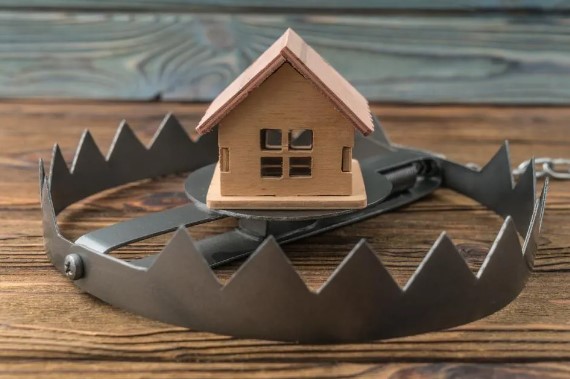Published by Forbes.com | April 30, 2024
Several types of real estate scams are on the rise and even the savviest homeowners should be on alert.
Scams are on the rise, and this includes real estate scams. According to the FBI’s Internet Crime Complaint Center (IC3), business email compromise (BEC) schemes frequently target the real estate sector. In fact, the IC3 received 9,521 real estate-based complaints in 2023. That may not seem like a significant number; however, in terms of losses, these crimes amounted to $145,243,348 (more than the amount of money lost to identity theft, extortion, ransomware, malware, and many other types of crimes).
As an example, the IC3 revealed that in March 2023, the FBI received a complaint from an individual in Stamford, Connecticut, who was purchasing a home and received a spoofed email that they thought was from their attorney. To finalize the closing, the instructions were to wire $426,000 to a particular financial institution. Two days later, the individual realized this was not a legitimate request. Fortunately, the IC3 recovery asset team was able to initiate the financial fraud kill chain to freeze the funds and return them to the individual.
And here’s another example from Kandi Wood, a member of the Brandi Smith Team with RE/MAX Big Country in Abilene, Texas, who tells me that she was contacted by someone claiming to be the owner of a lot in her area, who wanted to list it. Wood said the individual did not provide her with any information about the lot. “The seller was in a rush to get the lot listed and sold quickly, but was not forthcoming with information, and my guard was up.”
She did her due diligence to confirm if this was a scam — and also found out the individual tried to work with another realtor in her area who had similar suspicions. It turns out that the seller was not in fact the true owner of the lot, nor the person he claimed to be. “I eventually got in contact with the real owner of the lot and provided them with the scammer’s information — and I also shared a warning about the scammer with the local agent network.”
Wood says she’s definitely seeing an uptick in similar scams everywhere and warns that it’s critical that realtors and consumers alike pay close attention to potential red flags.
According to Darius Kingsley, head of consumer business practices at Chase, the first half of the year, and particularly the period between March and June, is the most popular time for buying and selling real estate. “Similar to other big buying seasons, like the holidays, scammers will look to take advantage of this busy season to scam prospective buyers, sellers, and current homeowners out of their hard-earned money and personal information,” he warns.
The following are some of the popular scams (and red flags) that you should be aware of, along with steps to take if you suspect that you’ve already been scammed.


